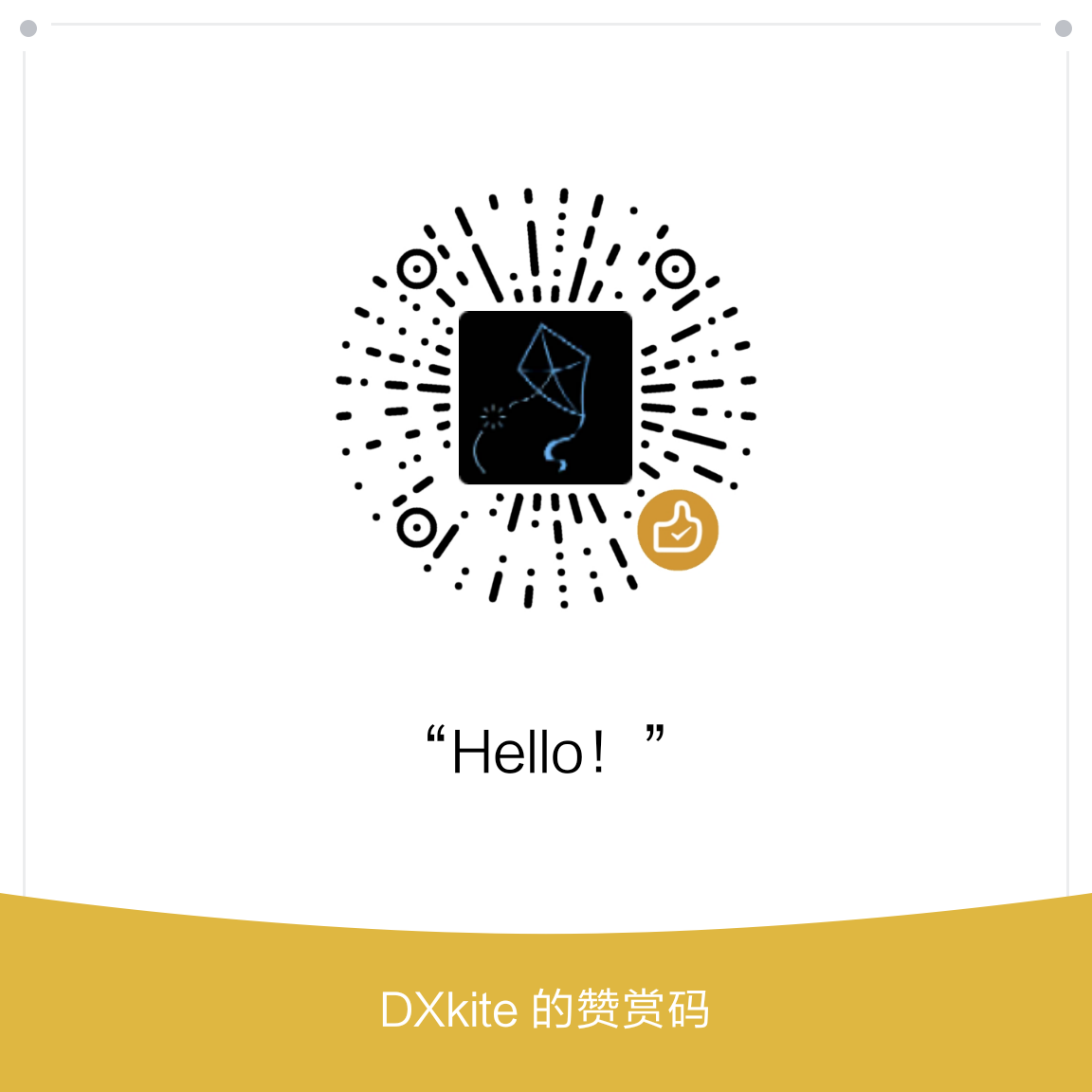上次课程我们讲了如何使用页面模板,这次课我们讲解一下如何在页面之间传值以及跳转。
页面的URL
在框架之中,所有的URL都是由 router.json 文件来维护生成的,也就是说,所有的URL都是动态的,换而言之,我们不能直接写URL,而是要通过函数来实现生成URL,在PHP代码中,我们通过 u 函数来实现获取URL,在页面中,我们通过 @u 标记来获取URL,一个URL如何获取?通过他们的唯一名字来获取,函数调用:
1
2
| $self = u();
$url = u('hello');
|
当前的页面路由:
1
2
3
4
5
6
7
8
9
10
11
12
13
14
| {
"index": {
"class": "cn\\atd3\\response\\IndexResponse",
"url": "\/"
},
"hello": {
"url": "\/hello",
"template": "hello"
},
"action_page": {
"url": "\/action-page",
"class": "cn\\atd3\\response\\ActionPageResponse"
}
}
|
测试结果:

我们在模板文件中也可以使用,等价代码:
1
2
| <p>@u</p>
<p>@u('hello')</p>
|
创建一个页面,用来显示 form 页面,其中路由名为 form-action , URL 为 /my-form-action , 调用的类:cn\atd3\response\FormActionResponse,使用的模板名称随意,建议 form-action.tpl.html
以上为上节课的练习,不会的多看看上节课
在模板中添加一个GET表单:
1
2
3
4
5
6
7
8
9
10
11
12
13
14
15
16
17
18
19
20
21
22
23
24
25
26
27
28
29
30
31
32
33
34
| <!DOCTYPE html>
<html lang="en">
<head>
<meta charset="UTF-8">
<meta name="viewport" content="width=device-width, initial-scale=1.0">
<meta http-equiv="X-UA-Compatible" content="ie=edge">
<title>Action PAGE</title>
</head>
<body>
<form action="@u" method="GET">
<div>
<input type="text" name="text_value">
</div>
<div>
<input type="number" name="int_value">
</div>
<button>提交数据</button>
</form>
<div>
<h3>提交的数据</h3>
<div> {{ $:text }} </div>
<div> {{ $:int }} </div>
</div>
</body>
</html>
|
如上页面显示后,效果如下:
注意: HTML知识自己要去学
GET 方法提交数据

随便填写数据,点击提交后的效果如下:

可以看到页面URL上面的值就是我们刚刚提交的数据.那么,如何在PHP中获取到这些数据?我之前提到过我们的 Request 类. 在这个类中,可以获取到GET参数.
1
2
3
4
5
6
7
8
9
10
11
12
13
14
15
16
17
18
19
20
| <?php
namespace cn\atd3\response;
use suda\core\Request;
class FormActionResponse extends \suda\core\Response
{
public function onRequest(Request $request)
{
$view = $this->page('form-action');
if ($request->hasGet()) {
$view->set('text',$request->get('text_value'));
$view->set('int',$request->get('int_value'));
}
$view->render();
}
}
|
运行结果:

可以看到页面获取到了值并加入进去
POST 方法提交数据
其实把 method 改成 POST 就可以了, POST与GET的区别大致如下:
- POST 可以提交的数据比 GET多
- POST 可以提交文件
- POST 安全性比GET好一点 数据不是明文传输
POST数据的处理:
1
2
3
4
5
6
7
8
9
10
11
12
13
14
15
16
17
18
19
20
21
22
23
24
25
26
27
28
| <?php
namespace cn\atd3\response;
use suda\core\Request;
class FormActionResponse extends \suda\core\Response
{
public function onRequest(Request $request)
{
$view = $this->page('form-action');
if ($request->hasGet()) {
$view->set('method','GET');
$view->set('text',$request->get('text_value'));
$view->set('int',$request->get('int_value'));
}
else if ($request->hasPost()) {
$view->set('method','POST');
$view->set('text',$request->post('text_value'));
$view->set('int',$request->post('int_value'));
}
$view->render();
}
}
|
网页HTML
1
2
3
4
5
6
7
8
9
10
11
12
13
14
15
16
17
18
19
20
21
22
23
24
25
26
27
28
29
30
31
32
33
34
35
36
37
38
39
40
41
42
| <!DOCTYPE html>
<html lang="en">
<head>
<meta charset="UTF-8">
<meta name="viewport" content="width=device-width, initial-scale=1.0">
<meta http-equiv="X-UA-Compatible" content="ie=edge">
<title>Action PAGE</title>
</head>
<body>
<form action="@u" method="GET">
<div>
<input type="text" name="text_value">
</div>
<div>
<input type="number" name="int_value">
</div>
<button>提交GET数据</button>
</form>
<form action="@u" method="POST">
<div>
<input type="text" name="text_value">
</div>
<div>
<input type="number" name="int_value">
</div>
<button>提交POST数据</button>
</form>
<div>
<h3>提交的数据 {{$:method}} </h3>
<div> {{ $:text }} </div>
<div> {{ $:int }} </div>
</div>
</body>
</html>
|
作业
- 把今天的网页自己写好,我故意没写详细,这样你们多练习下。
- 写一个超链接,跳到 hello 页面






